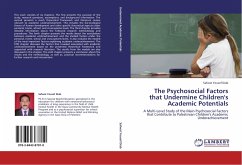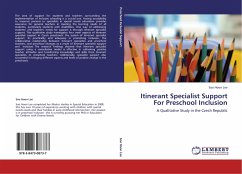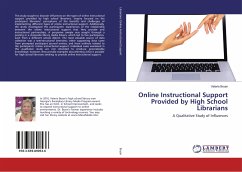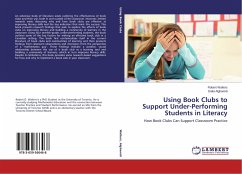
Attachment and Mentoring Functions of Career and Psychosocial Support
Relationships with Job Satisfaction, Organizational Commitment, and Intent to Turnover
Versandkostenfrei!
Versandfertig in 6-10 Tagen
51,99 €
inkl. MwSt.

PAYBACK Punkte
26 °P sammeln!
This study examined the relationships between the attachment styles of mentors and protégés, mentoring as measured by psychosocial support and career support, job satisfaction, organizational commitment, and intent to turnover. A survey was administered to the participants of a formal faculty mentoring program. Hypotheses were tested through correlational and hierarchical regression analytic procedures. For mentors and protégés, the variables attachment and mentoring were significantly associated with each of the outcome variables job satisfaction, organizational commitment, and intent to ...
This study examined the relationships between the attachment styles of mentors and protégés, mentoring as measured by psychosocial support and career support, job satisfaction, organizational commitment, and intent to turnover. A survey was administered to the participants of a formal faculty mentoring program. Hypotheses were tested through correlational and hierarchical regression analytic procedures. For mentors and protégés, the variables attachment and mentoring were significantly associated with each of the outcome variables job satisfaction, organizational commitment, and intent to turnover. Furthermore, in the case of mentors, attachment and mentoring specifically psychosocial mentoring predicted unique variance in job satisfaction, organizational commitment, and intent to turnover. For protégés, while secure attachment and mentoring predicted unique variance in job satisfaction, only secure attachment predicted unique variance in organizational commitment, and intent to turnover. The study informs faculty mentoring researchers and practitioners by linking faculty job satisfaction, organizational commitment, and turnover intentions to attachment styles and mentoring.












